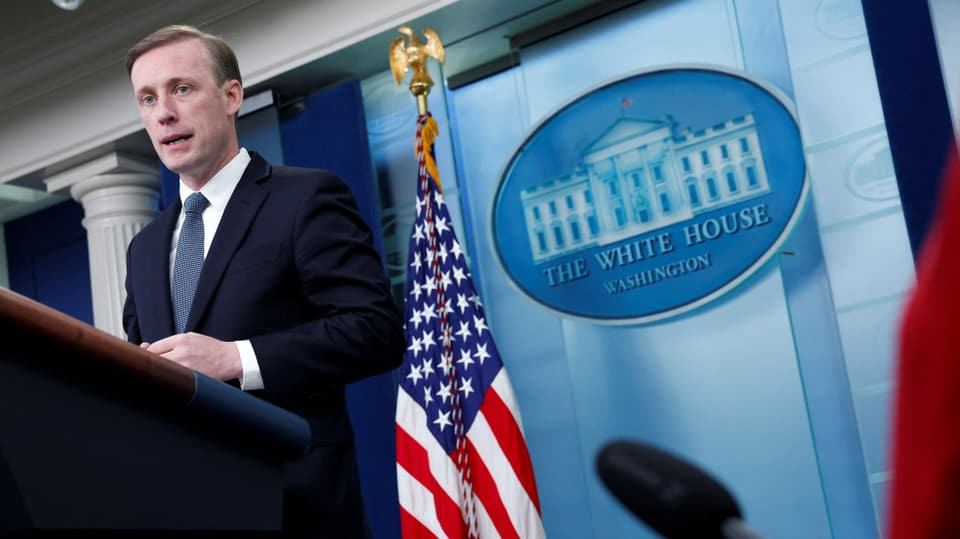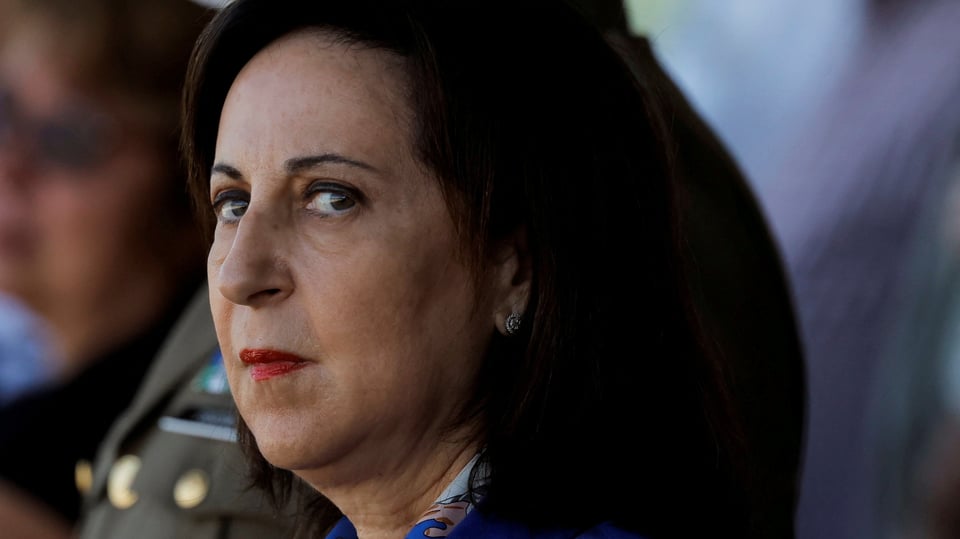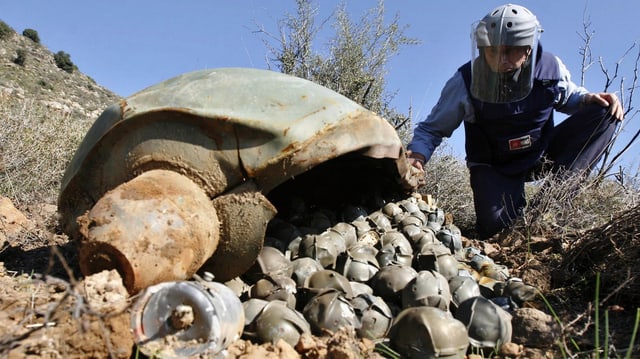Contents
The US government’s decision to supply cluster munitions to Ukraine is highly controversial. In any case, many states have banned cluster bombs – the reactions are corresponding.
It was “a difficult decision”, but US President Joe Biden wanted to take this step. That was the statement by national security adviser Jake Sullivan on Friday evening in Washington.
“We recognize that cluster munitions pose a risk of harm to civilians from unexploded munitions.” That’s why the US government put off the decision for so long, Sullivan defends.

Legend:
White House National Security Advisor Jake Sullivan during the White House media briefing.
REUTERS/Jonathan Ernst
From the Ukraine President Volodymyr Zelensky thanked President Joe Biden: “A timely, comprehensive and much-needed United States defense assistance package”.
Particularly sharp criticism of the planned delivery comes from Russia. According to experts, Moscow itself also uses cluster munitions in Ukraine.
The decision is aimed at a war to the ‘last Ukrainian’.
The decision is another “blatant revelation of the aggressive anti-Russian course of the USA, which aims at the maximum extension of the conflict in Ukraine and a war to the ‘last Ukrainian’,” commented Maria Zakharova for the Russian Foreign Ministry. This is a sign of desperation given the “failure of the widely advertised Ukrainian offensive.” Russia called Ukraine’s promise to only use the ammunition against military targets worthless.
The Russian ambassador in Washington, Anatoly Antonov, had previously warned of a Third World War due to the ever-deeper entanglement of the United States in the conflict. Former Russian President Dmitry Medvedev also personally accused Joe Biden of provoking a nuclear war.
In a first reaction already on Friday UN Secretary General António Guterres expressed his skepticism through a spokesman. “The Secretary-General supports the Convention Against Cluster Bombs,” said spokesman Farhan Haq in New York. “That’s why he’s against the continued use of cluster munitions on battlefields.”
Also Great Britain maintains its opposition to cluster munitions. Prime Minister Rishi Sunak said after the announcement from the United States: “The United Kingdom is a signatory to a convention that prohibits the manufacture or use of cluster munitions – and we advise against their use.” Britain will continue to do its part to help Ukraine fight Russia’s “illegal and groundless invasion.”

Legend:
She practices clear and unequivocal criticism: the Spanish Defense Minister Margarita Robles.
REUTERS/Jon Nazca
SpainSpeaking to journalists in Madrid, Defense Secretary Margarita Robles said she said “yes” to Ukraine’s legitimate defense but “no” to cluster bombs. Your country’s position is that certain weapons and bombs should not be supplied under any circumstances. Robles emphasized that the decision from Washington was one of the US government and not NATO, of which Spain is also a member.
Germany, which also outlaws cluster munitions through the agreement, is reacting rather cautiously. Government spokesman Steffen Hebestreit explained that they did not want to get involved any further. The USA would probably not have made this decision lightly.
